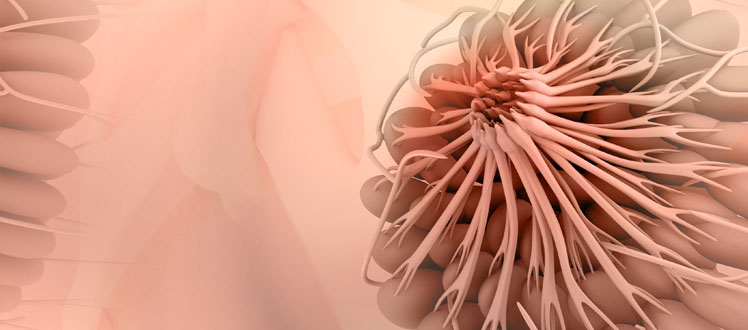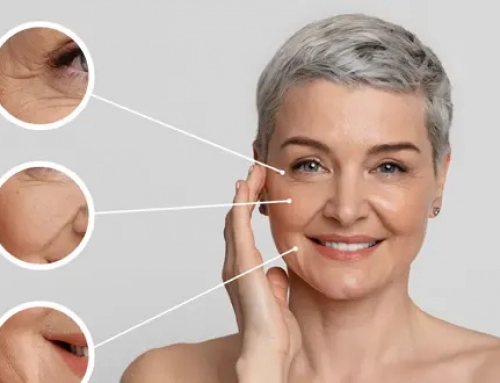Insufficient breast growth is often source of self-consciousness for women. But when the breast are overdeveloped, they can cause physical problems such as back pain. This condition is referred to as breast hyperplasia and can be a real handicap for women.

How breast hyperplasia affects daily life
What is breast hyperplasia ?
Breast hyperplasia is the result of an overgrowth of the mammary gland, with or without fat tissue excess. This condition affects women, but also men, and has a physical and psychological impact in daily life.
Breast hyperplasia in women is defined by overly large breasts causing a significant disproportion between the breast and the rest of the body. Breast hyperplasia can cause a wide variety of issues : difficulties and pain during exercise, difficulties finding fitting bras as well as psychological issues such as confidence problems. After breast reduction surgery, patients immediately feel relieved, on both physical and psychological levels.
Breast hyperplasia in men is referred to as gynecomastia. This condition results from a hormonal disorder causing breast tissue overgrowth. During puberty, gynecomastia is often temporary: the mammary gland spontaneously resorbs as male hormone levels go back to normal. However, gynecomastia is permanent for men in their fifties because it results from lower testosterone levels.
Female breast hyperplasia
Under the influence of gravity, the breasts sag, which results in a heavy appearance in their lower part and makes them seem empty in their upper part.
Of congenital or hormonal origin, this condition can develop during puberty of after pregnancy, because of significant weight fluctuation and natural aging.
Breast hyperplasia frequently comes with breast sagging, which is referred to as breast ptosis.
Overly large breasts cause neck, shoulder and back pain. They also cause significant discomfort or even pain during exercise. Women concerned with breast hyperplasia have a hard time finding fitting clothes, especially bras, and wearing bathing suits in public at the beach.






Laisser un commentaire